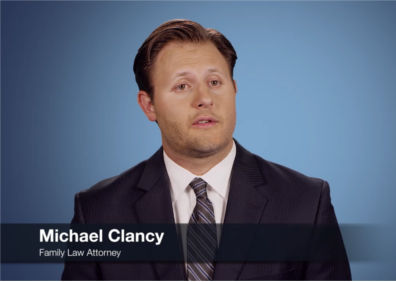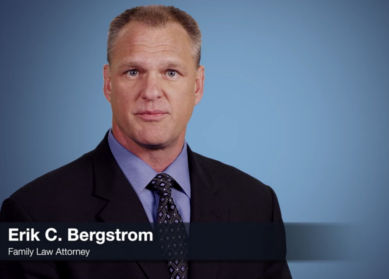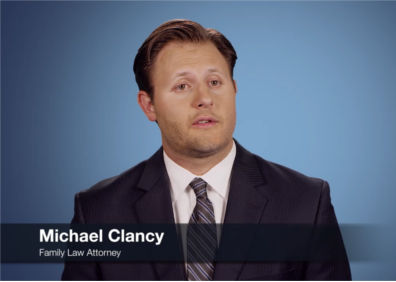Sole Legal Custody in Scottsdale
A parent granted sole custody, now referred to as sole legal decision-making, has the authority to make final decisions regarding the major life decisions affecting the parent’s children. Such as where the children will attend school, the healthcare the children receive, and the extracurricular activities the children will participate in regardless of the opinion of the other parent.
The other parent is still entitled to obtain information regarding his or her children’s performance in school, performance in extracurricular activities and healthcare from the other parent or directly from the provider of those services. Legal custody means the right and responsibility to make decisions for children, barring any specific court orders to the contrary.
Sole legal decision-making provides one parent to make the final decision on big day to day decisions for the children’s care and welfare without consulting the other parent, including education, medicine, and religion.
Why Courts Award Sole Custody
Examples where the court may award sole legal decision-making, would include those times where you have drug and alcohol abuse by one parent or the other, substantial child neglect or abuse claims, or convictions, domestic violence where the children were present, harmed, or in danger. As well as child endangerment, including DUIs while having the children in your car.
Major Decision Exceptions
The visitation parent is expected by the court to conform to big decisions by the sole legal decision-making parent in all day to day decisions when children are with him or her. The exception to that would be private school. Sole legal decision-making parent cannot require the other parent, known as a visitation parent, to contribute to the cost of private-schooling if enrolled without the consent of the visitation parent or the court per the child support guidelines.
School records are also an area where both parents have access to records regarding the children, including medical records, school and extracurricular activity records. Those records are available through the sole legal decision-making parent or from the provider of the service. Except in cases where courts find giving one parent access to records creates a danger to the children. If you are in need of a professional or experienced attorney to represent you and your children’s best interest in any family law matter, please call Alan Cochran at Hildebrand Law PC at 480-305-8300 to schedule an appointment.
By: Alan Cochran










